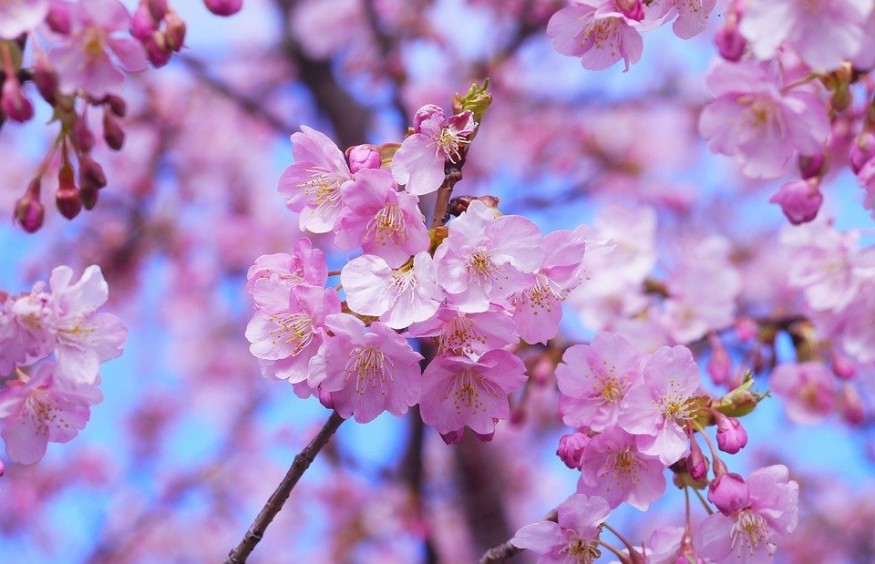
The past meets the future in seamless harmony in Japan.
If you're planning on visiting the Land of the Rising Sun or making a permanent move or planning to study abroad, you may end up asking yourself a lot of questions. Navigating the wonders of Japan can be a little tricky for the uninitiated. No one wants to be that bumbling tourist who attracts attention in all the wrong ways.
You might have heard before that Japanese people have strict, stylistic forms of etiquette. Maybe you've heard some rumors about Japanese culture. Simple things like how you walk, eat, and speak can impact your experience for the better or the worse.
1. Rent a pocket WiFi
You will need to rely on Google Maps for walking directions as well as planning our routes via subway/train, both within the city and between cities.
2. The most extensive rail network
Tokyo's rail network consists of more than 150 lines, almost 50 operators, and stretches close to 5,000 kilometres which is overwhelming on first visit. It is fantastically efficient, delays are rare and they are generally restricted to 2-3 minutes. With over 2,000 stations in metropolitan Tokyo, under and overground trains are your best transport option in the city.
3. Four seasons
Japan has four distinct seasons. The most well-versed travelers will check the forecast for their destination.
Hokkaido can stay chilly as late as June. Okinawa starts to get warm as early as January. If you plan to remain mostly in central Japan, generally you can pack according to the season unless you intend to go to Mt. Fuji.
4. Cash is used everywhere in Japan
If you find yourself without cash, head to a 7-Eleven to use the ATM. The country is very old-fashioned when it comes to handling money. Workers are usually paid in cash and most businesses and services accept only cash. Many a shop and eatery in Japan will only accept cash. No matter what metallic element you have embedded in your credit card, it will be treated as the piece of plastic that it is.
5. Everyone is friendly
Manners matter in Japan. Smile and bow when you say when you say "Arigatou gozaimasu!" or thank you. Before meals, say "Itadakimasu!" because table manners are crucial. Say "Gochisousamadeshita!" to express gratitude for your meal.Try to finish everything on your plate. Uncross legs and arms and remove hands from pockets to show respect through your body language.
6. Accomodation
You can stay in hotels, hostels, and inns, or you can stay in a Ryokan a traditional Japanese inn. When checking in to any accommodation, by law, you are required to make a copy of your passport. During the national holidays, you should book your accommodation in advance.
7. Get a JR Pass if you're leaving Tokyo
For about $250, you get a pass that will allow you to access any JR line in the country for seven days. A 7-day JR Pass conveniently costs about the same as a round trip ticket to Kyoto.
And remember, take in Japan one day at a time.
This article is copyrighted by Travelers Today, the travel news leader



